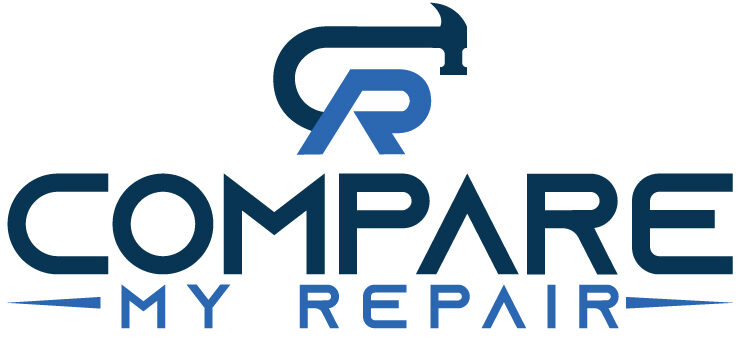When it comes to keeping your home warm and cozy, choosing the right boiler is essential. Gas and electric boilers are two popular options that offer different benefits in terms of efficiency, cost, and environmental impact. In this blog, we will compare gas and electric boilers to help you make an informed decision and ensure your home stays warm and comfortable during the colder months.
Efficiency and Cost: Gas boilers are known for their high efficiency and cost-effectiveness. They use natural gas as a fuel source, which is relatively inexpensive compared to electricity. Gas boilers can achieve efficiency ratings of up to 90%, meaning they convert a high percentage of fuel into heat. This efficiency can result in lower energy bills over time.
On the other hand, electric boilers are generally less efficient compared to gas boilers. They rely on electricity to generate heat, which can be more expensive than gas. However, electric boilers have a higher upfront cost compared to gas boilers, but they may be a suitable option if you don’t have access to a gas supply or if you prefer a more environmentally friendly heating solution.
Environmental Impact: When it comes to environmental impact, gas boilers produce carbon emissions during combustion. However, advancements in technology have led to the development of condensing gas boilers, which are more energy-efficient and emit lower levels of carbon dioxide compared to older models.
Electric boilers, on the other hand, produce no direct emissions during operation. They are considered a cleaner heating option, especially if the electricity is generated from renewable sources. However, it’s important to consider that the overall environmental impact of electric boilers depends on the energy mix of your electricity provider.
Installation and Maintenance: Gas boilers require access to a gas supply and proper ventilation for combustion. They also need regular maintenance, including safety checks and servicing, to ensure their efficient and safe operation. It’s essential to hire a qualified gas engineer for installation and maintenance tasks.
Electric boilers are easier to install as they don’t require a gas supply or ventilation. They also have fewer moving parts, which means they generally require less maintenance. However, it’s still important to have regular checks and servicing performed by a qualified electrician.
Conclusion: When comparing gas and electric boilers, it’s important to consider factors such as efficiency, cost, environmental impact, and installation requirements. Gas boilers offer high efficiency and cost-effectiveness, while electric boilers are a cleaner heating option and generally easier to install. Ultimately, the best choice for you will depend on your specific needs, available energy sources, and budget. By considering these factors, you can make an informed decision and ensure your home stays warm and cozy throughout the year.










